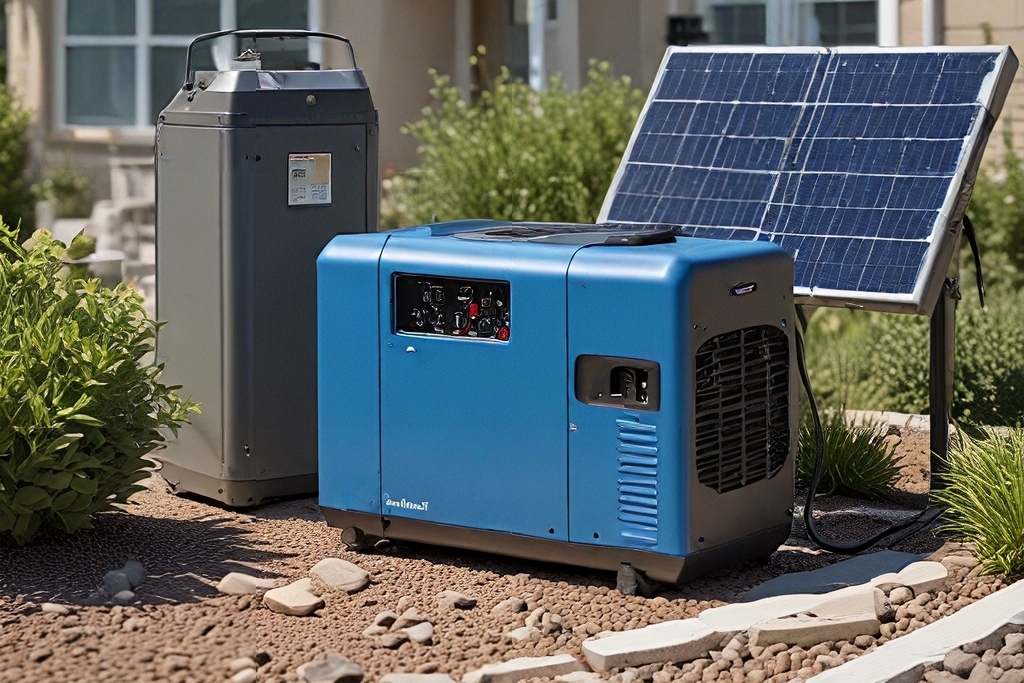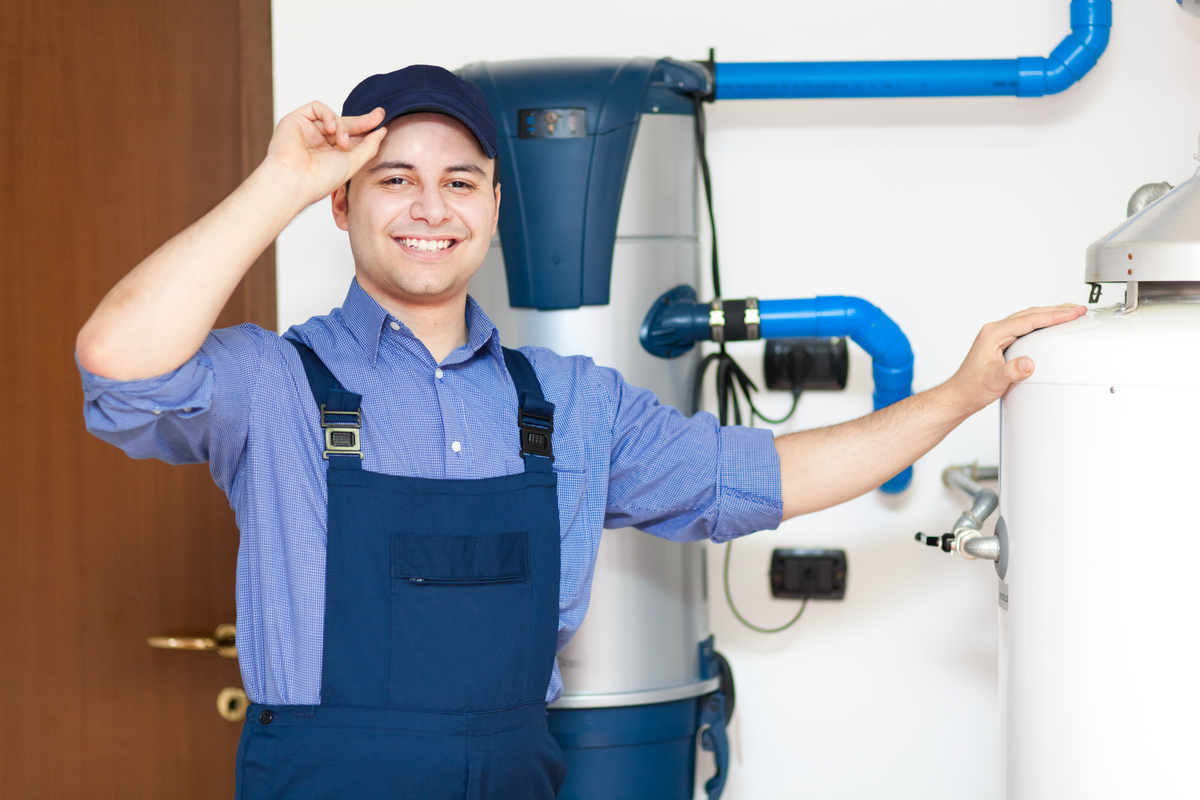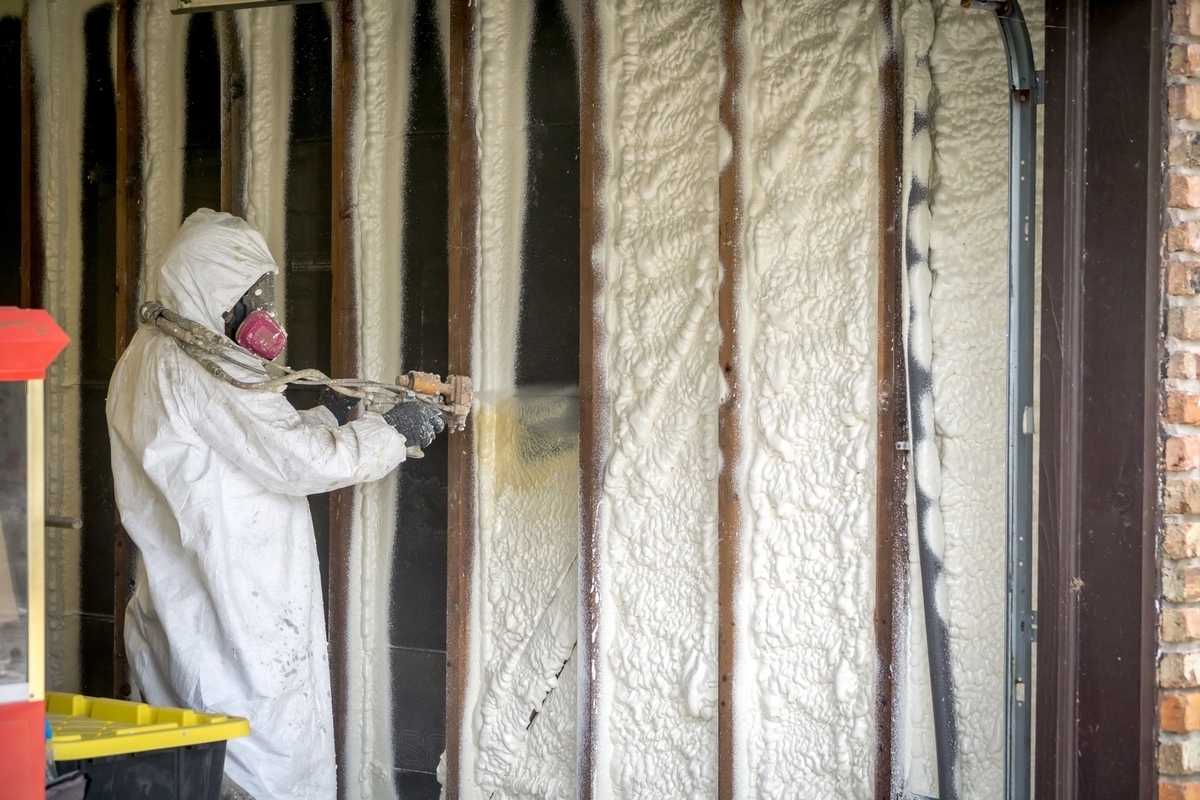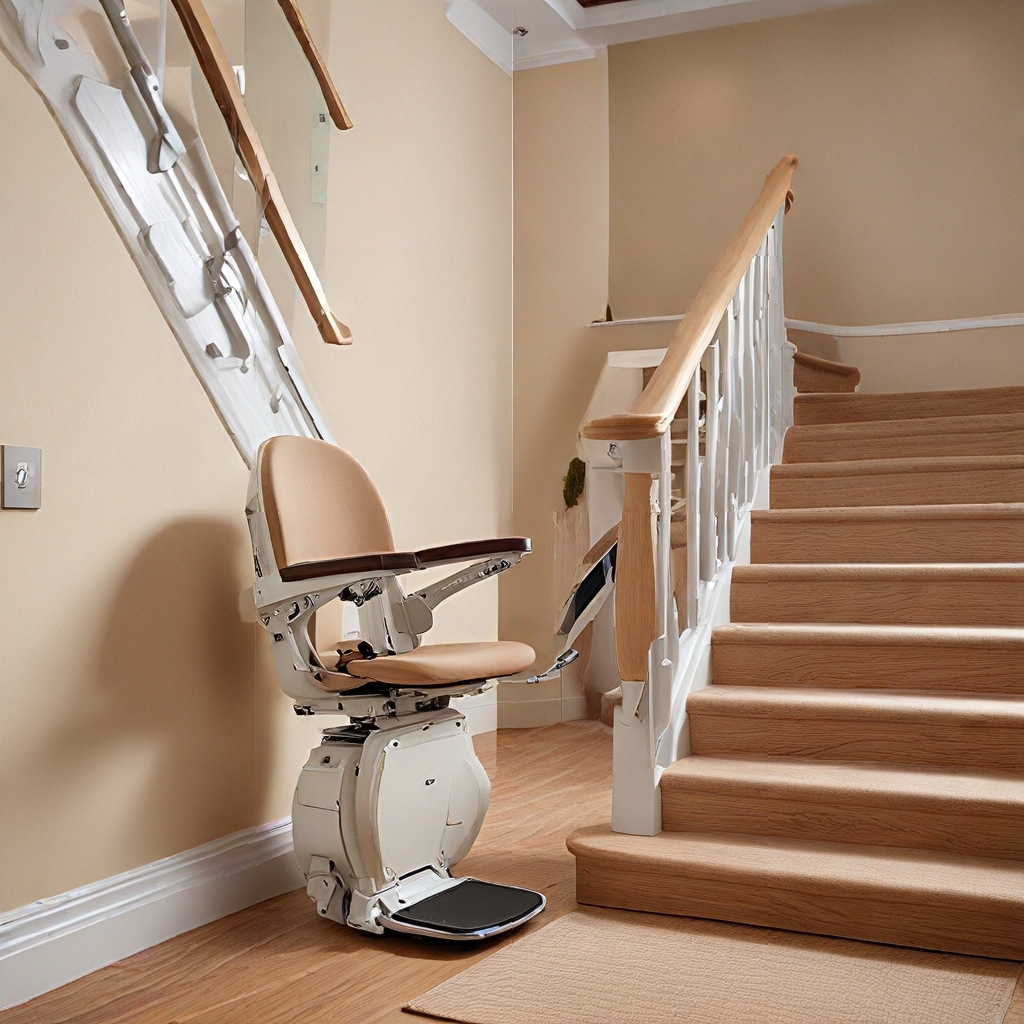Comprehensive Guide to Combi Boiler Installation in the UK
In the UK, households highly value efficient and reliable heating systems due to the relatively cold climate. Combination boilers, commonly known as combi boilers, have become an increasingly popular choice for many homeowners. These boilers serve as both central heating units and water heaters, providing consistent heating and hot water on demand. This article aims to offer a detailed overview of combi boiler installation in the UK, suited for both current homeowners and prospective buyers.
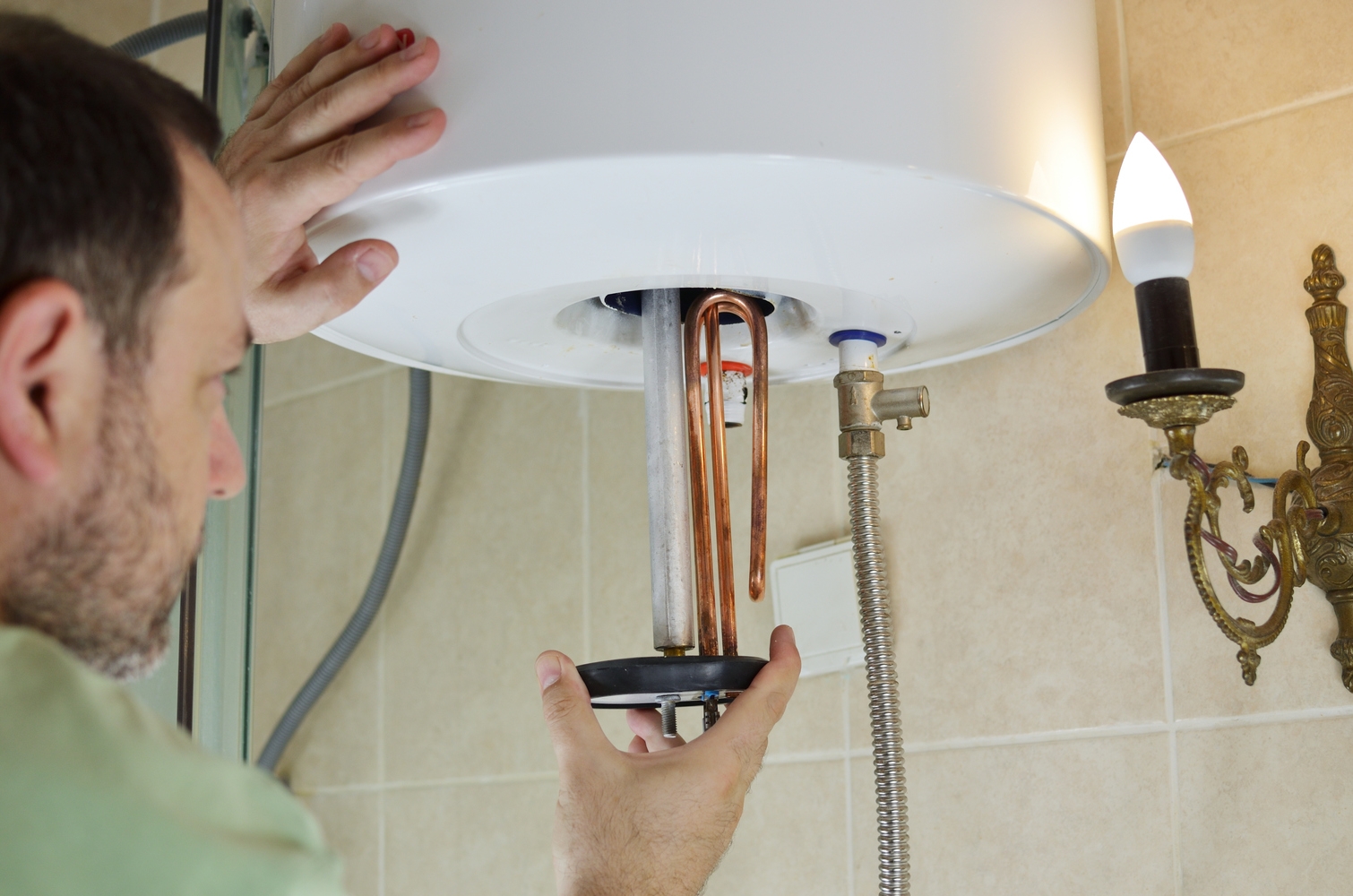
What is a Combi Boiler?
A combi boiler is a type of high-efficiency water heater and central heating boiler combined into one unit. Unlike traditional systems, combi boilers do not require a separate hot water cylinder or cold water storage tank, making them an ideal choice for smaller homes with limited space.
Benefits of Combi Boilers
1. Space-Saving: Combi boilers are compact and space-efficient as there’s no need for separate tanks or cylinders.
2. Energy Efficient: These units are highly efficient, which means lower energy bills and reduced carbon footprint.
3. On-Demand Hot Water: Combi boilers provide hot water instantly whenever you need it, without the need to wait for a tank to heat up.
4. Reduced Installation Time: Simpler installation compared to conventional systems which require multiple components.
Factors to Consider Before Installation
1. Size and Capacity: Ensure the boiler you choose can meet your household’s heating and hot water demands.
2. Energy Efficiency Rating: Opt for models with higher energy efficiency ratings to save on running costs.
3. Type of Fuel: Most combi boilers are designed to run on natural gas, but there are also models that can use LPG or oil.
4. Water Pressure: A minimum level of water pressure is required for the optimal performance of a combi boiler.
5. Regulations and Standards: Familiarize yourself with local building regulations and standards for boiler installations.
Step-by-Step Installation Guide
1. Preparation
– Location: Choose an accessible, ventilated, and central location within your home.
– Permissions: Ensure you have all the required permissions and that the installation complies with local regulations.
– Consultation: Engage a qualified Gas Safe registered engineer to assess your home’s suitability for a combi boiler.
2. Removing the Old System
– Safety First: Turn off the gas, electricity, and water supply.
– Dismantling: Carefully remove the existing boiler and any associated tanks or cylinders.
– Disposal: Arrange for responsible disposal of the old unit.
3. Installing the New Combi Boiler
– Mounting: Secure the boiler to the wall, ensuring it’s level.
– Connection to Water Supply: Connect the boiler to your home’s water supply using the appropriate pipes.
– Gas Line Installation: Connect the gas supply line, ensuring there are no leaks.
– Flue Installation: Install the flue to vent exhaust gases safely outside your home.
– Electrical Connections: Connect the boiler to your home’s power supply.
4. System Testing and Commissioning
– System Check: Check all connections for leaks and ensure the unit is securely fastened.
– Power Up: Turn on the gas, electricity, and water supply to the boiler.
– Initial Run: Power on the boiler and let it run to check for any errors or issues.
– Exhaust Analysis: Perform a flue gas analysis to ensure the boiler is operating efficiently.
– User Training: The engineer should provide instructions on how to use and maintain the boiler properly.
Maintenance Tips
Regular maintenance is crucial for the efficient running and longevity of your boiler. Consider an annual service by a Gas Safe registered engineer, and periodically check for any signs of wear or potential issues.
Combi boiler installation in the UK is a worthwhile investment for many homes. It offers numerous benefits, including energy efficiency, space-saving, and on-demand hot water availability. However, proper installation by a certified professional is crucial for ensuring safety and optimal performance. With the correct considerations and professional help, a combi boiler can serve as a reliable and cost-effective heating solution for years to come.
